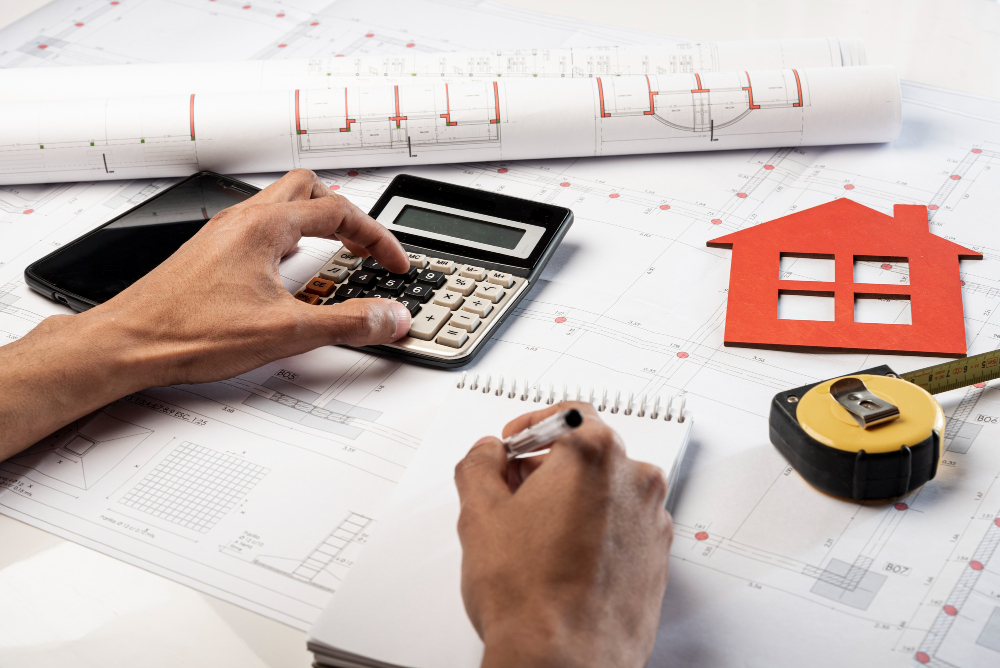Buying or selling a property is a significant milestone, often involving complex legal processes. To navigate these challenges, it’s essential to have a reliable real estate lawyer by your side. This blog will provide you with tips for finding a reliable real estate lawyer in your area, ensuring that your property transactions go smoothly and that your interests are well protected.
Understanding the Role of a Real Estate Lawyer
What Does a Real Estate Lawyer Do?
A real estate lawyer specializes in legal matters related to property transactions. Their responsibilities include:
- Reviewing and preparing documents: This includes purchase agreements, mortgage documents, title documents, and transfer documents.
- Conducting title searches: Ensuring the property is free from any encumbrances or liens that could affect the transaction.
- Handling closings: Overseeing the closing process to ensure that all documents are properly executed and funds are appropriately disbursed.
- Providing legal advice: Offering guidance on property laws and regulations, and addressing any legal issues that arise during the transaction.
Note :- Ensure your property transactions are smooth and stress-free with the help of experienced real estate lawyers in Dubai. Whether you’re buying, selling, or dealing with complex legal matters, our team of experts is here to guide you every step of the way. Contact us today to learn more about how our real estate lawyers in Dubai can protect your interests and make your real estate journey a success!
Why You Need a Real Estate Lawyer
Engaging a real estate lawyer is crucial for several reasons:
- Legal protection: They help protect your legal rights and ensure that the transaction complies with local property laws.
- Problem-solving: Lawyers can identify and resolve potential issues before they become significant problems.
- Peace of mind: Knowing that a professional is handling the legal aspects allows you to focus on other aspects of buying or selling a property.

Tips for Finding a Reliable Real Estate Lawyer
Start with Recommendations
One of the best ways to find a reliable real estate lawyer is to ask for recommendations from people you trust. This could include:
- Friends and family: They might have had positive experiences with real estate lawyers in the past.
- Real estate agents: Agents often work closely with lawyers and can recommend those who are experienced and reliable.
- Financial advisors: They can provide insights based on their professional networks.
Check Online Reviews and Ratings
The internet is a valuable resource for finding information about potential lawyers. Websites such as Google Reviews, Yelp, and the Better Business Bureau (BBB) provide reviews and ratings from previous clients.
Look for Patterns
When reading reviews, look for patterns in the feedback. Consistently positive or negative comments can give you a good idea of what to expect.
Verify Credentials
Check if the lawyer is listed on professional legal directories and has a good standing with the state bar association.
Evaluate Their Experience
Experience is crucial in real estate law. You want a lawyer who has handled numerous transactions and is familiar with local property laws.
Ask About Their Background
When you meet with potential lawyers, ask about their experience with real estate transactions. Specifically, inquire about:
- Number of years in practice: More experience generally means better expertise.
- Types of transactions handled: Ensure they have experience with transactions similar to yours, whether residential, commercial, or land purchases.
- Local knowledge: A lawyer familiar with local property laws and regulations will be more effective.
Consider Their Specialization
While many lawyers handle various types of cases, it’s beneficial to choose one who specializes in real estate law. Specialists are more likely to be up-to-date with the latest laws and trends in the real estate market.
Importance of Specialization
A lawyer who focuses on real estate law will have deeper insights and more relevant experience than a generalist. They are better equipped to handle complex issues that may arise.
Schedule a Consultation
Meeting potential lawyers in person or through a video call is an excellent way to gauge their suitability. During the consultation:
Ask the Right Questions
Prepare a list of questions to ask during the consultation. Some important questions include:
- How long have you been practicing real estate law?
- Can you provide references from past clients?
- How do you handle potential conflicts of interest?
- What are your fees and how are they structured?
- What is your availability, and how often will we communicate?
Assess Their Communication Skills
Effective communication is vital in any legal transaction. Pay attention to how the lawyer communicates:
- Clarity: They should explain legal terms in a way that is easy to understand.
- Responsiveness: They should be prompt in responding to your queries and concerns.
- Professionalism: They should be courteous and professional in their interactions.
Check Their Availability
Real estate transactions often involve tight timelines. It’s essential to choose a lawyer who is available and can dedicate sufficient time to your case.
Confirm Their Schedule
Ask the lawyer about their current caseload and ensure they can accommodate your schedule. A lawyer who is too busy may not be able to give your case the attention it needs.
Discuss Fees and Payment Structure
Understanding the lawyer’s fees and payment structure is crucial to avoid any surprises later on. Different lawyers have different billing methods, including:
Hourly Rate
Many lawyers charge by the hour. Ask for an estimate of the total hours they expect to spend on your case.
Flat Fee
Some lawyers offer a flat fee for handling the entire transaction. This can be beneficial as it provides a clear idea of the total cost upfront.
Retainer
A retainer is an upfront fee paid to secure the lawyer’s services. Ensure you understand what the retainer covers and if additional fees might apply.
Verify Their Licensing and Credentials
Ensure the lawyer is licensed to practice in your state and has no disciplinary actions against them.
State Bar Association
Check the lawyer’s standing with the state bar association. This will provide information on their licensing and any disciplinary actions.
Seek Referrals and Testimonials
Ask the lawyer for referrals from past clients. Speaking with previous clients can provide insights into the lawyer’s effectiveness and professionalism.
Client Testimonials
Client testimonials can offer a firsthand account of the lawyer’s services. Look for testimonials that mention reliability, communication, and successful outcomes.
Trust Your Instincts
Finally, trust your instincts. Choose a lawyer you feel comfortable with and confident in their ability to handle your case.
Comfort and Confidence
Your comfort level with the lawyer is important. If something doesn’t feel right, it’s okay to keep looking until you find the right match.
Common Questions to Ask a Real Estate Lawyer
What Experience Do You Have with Similar Transactions?
Understanding the lawyer’s experience with transactions similar to yours ensures they are well-equipped to handle your case.
Specific Examples
Ask for specific examples of similar cases they have handled and the outcomes.
How Will You Communicate with Me?
Clear communication is essential. Ensure the lawyer’s communication style matches your preferences.
Preferred Methods
Ask about their preferred methods of communication, whether it’s email, phone calls, or in-person meetings.
What Are Your Fees and Billing Practices?
Understanding the lawyer’s fees and billing practices upfront can help avoid any surprises later.
Detailed Breakdown
Request a detailed breakdown of the fees and an estimate of the total cost.
How Do You Handle Conflicts of Interest?
It’s important to know how the lawyer handles potential conflicts of interest to ensure your case is not compromised.
Conflict Resolution
Ask about their policies for resolving conflicts of interest and maintaining client confidentiality.
What Is Your Availability?
Ensure the lawyer’s availability matches your timeline and needs.
Scheduling
Discuss their current caseload and how they plan to manage your case alongside others.
Conclusion
Finding a reliable real estate lawyer is crucial for ensuring a smooth and successful property transaction. By following these tips, you can find a lawyer who is experienced, trustworthy, and well-suited to your needs. Remember to ask for recommendations, check online reviews, evaluate their experience and specialization, and trust your instincts. With the right lawyer by your side, you can navigate the complexities of real estate transactions with confidence and peace of mind.
Whether you’re buying your first home, selling a property, or involved in a commercial transaction, having a reliable real estate lawyer can make all the difference. Take the time to find the right professional, and you’ll be well on your way to a successful and stress-free real estate experience.
Note :- Read more related blogs at www.uptodatestory.com


